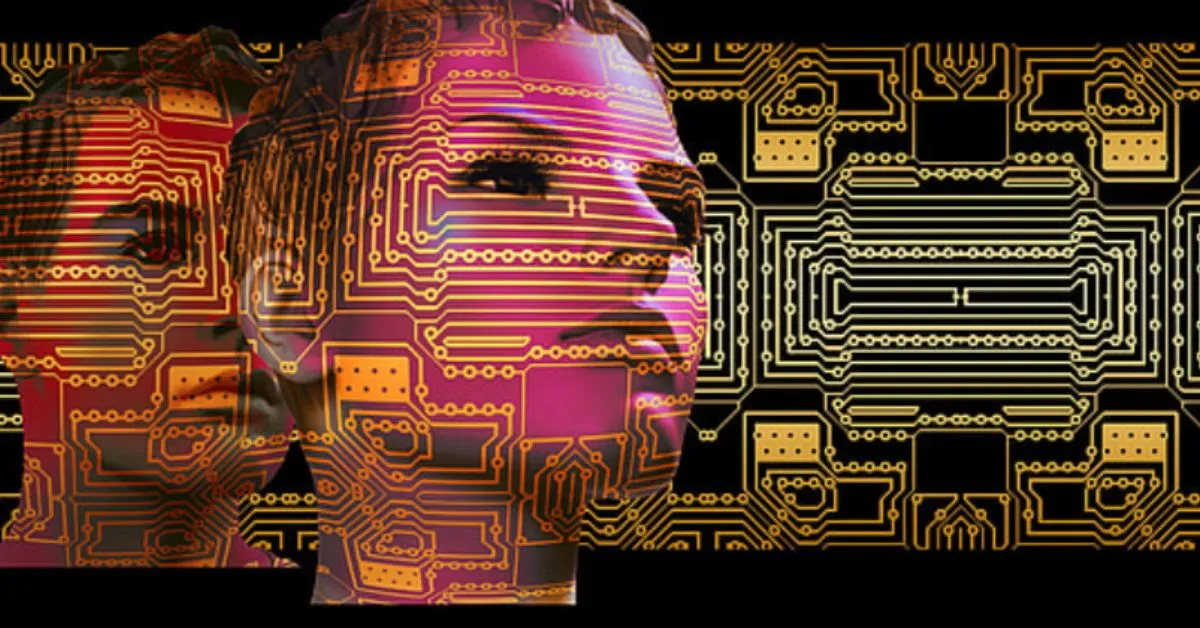Artificial Intelligence (AI) and Machine Learning Explained
In today’s fast-paced technological landscape, two terms that have become increasingly prevalent are artificial intelligence (AI) and machine learning (ML). These terms are often used interchangeably, creating a bit of confusion. Let’s unravel the complexities and dive into what AI and ML truly mean, exploring their applications, differences, and the impact they have on our daily lives.
Introduction
Artificial intelligence is an innovative electronic technology that, at its core, refers to the development of systems or machines that can perform tasks typically requiring human intelligence. These tasks encompass a broad spectrum, including problem-solving, speech recognition, and decision-making. On the other hand, machine learning is a subset of AI, focusing on the development of algorithms that enable computers to learn from and make predictions or decisions based on data.
Understanding Artificial Intelligence
AI is a broad concept that involves creating systems capable of mimicking human intelligence. In our daily lives, we encounter AI in various forms, from virtual assistants like Siri and Alexa to recommendation systems on streaming platforms. The goal is to create machines that can perform tasks intelligently without explicit programming.
Delving into Machine Learning
Machine learning takes the concept of AI a step further by allowing systems to learn from data. Instead of being explicitly programmed to perform a task, ML algorithms use patterns and inference to improve their performance over time. Practical examples of ML include email filtering, image recognition, and autonomous vehicles.
AI vs. Machine Learning: Unraveling the Differences
While AI is the broader concept, ML is a crucial component that enables machines to learn from experience. AI encompasses a wide range of techniques to make machines smart, whereas ML specifically focuses on learning and adapting without being explicitly programmed. Understanding this difference is essential to comprehending the synergy between the two.
Evolution of Artificial Intelligence
The journey of AI dates back to the mid-20th century. Early AI systems were rule-based and limited in scope. However, with technological advancements, especially in computing power, AI has evolved significantly. Milestones include expert systems, neural networks, and deep learning, each contributing to the current landscape.
Machine Learning Algorithms: Behind the Scenes
At the heart of machine learning are algorithms that power the capabilities of the systems we interact with daily. From decision trees to neural networks, these algorithms enable machines to make predictions, recommendations, and decisions. The applications are diverse, ranging from personalized recommendations to fraud detection systems.
AI in Business and Industry
Businesses leverage AI to enhance productivity, streamline operations, and gain valuable insights. Industries such as finance, healthcare, and manufacturing benefit from the implementation of AI systems. Case studies highlight how AI contributes to efficiency and innovation.
Challenges and Concerns in AI and ML
While AI and ML offer incredible potential, they come with challenges. Ethical considerations, bias in algorithms, privacy concerns, and the potential displacement of jobs are critical issues that need careful attention. Striking a balance between innovation and ethical responsibility is essential.
Future Trends in AI and ML
Looking ahead, the future of AI and ML holds exciting possibilities. Emerging technologies such as natural language processing, reinforcement learning, and the integration of AI into edge computing are anticipated trends. Staying informed about these developments is crucial for professionals and enthusiasts alike.
The Impact on Daily Life
AI and ML have seamlessly integrated into our daily routines. From personalized recommendations on streaming platforms to the predictive text on our smartphones, these technologies enhance user experiences and simplify tasks. As we interact with smart devices and applications, we become part of an ecosystem where AI and ML shape our digital experiences.
Benefits and Opportunities
The positive impact of AI and ML extends beyond convenience. These technologies offer opportunities for innovation, economic growth, and advancements in various fields. From enhancing healthcare outcomes to optimizing financial processes, the benefits of AI and ML contribute to the betterment of society.
AI and ML in Healthcare
In healthcare, AI and ML play pivotal roles. From diagnostics to personalized medicine and drug discovery, these technologies offer innovative solutions. The ability to analyze vast datasets swiftly and accurately has the potential to revolutionize patient care, leading to more precise diagnoses and treatment plans.
Education and Training in AI and ML
As the demand for AI and ML expertise grows, education and training become crucial. Online courses, workshops, and degree programs provide avenues for individuals to acquire the skills needed to thrive in this evolving landscape. The accessibility of learning resources ensures that aspiring professionals can contribute to the advancements in AI and ML.
Conclusion
In conclusion, the synergy between artificial intelligence and machine learning continues to redefine the possibilities of technology. As we navigate the future, understanding these concepts becomes increasingly crucial. Whether we realize it or not, AI and ML are integral parts of our lives, influencing how we work, communicate, and experience the world.
FAQs
What is the difference between AI and ML?
AI is the broader concept, while ML is a subset focused on developing algorithms that enable machines to learn from data.
How do AI and ML impact daily life?
These technologies enhance user experiences, from personalized recommendations to predictive text.
What are the challenges in AI and ML?
Challenges include ethical considerations, bias in algorithms, privacy concerns, and potential job displacement.
What are the future trends in AI and ML?
Anticipated trends include advancements in natural language processing, reinforcement learning, and integration into edge computing.
How is AI used in healthcare?
AI is used in diagnostics, personalized medicine, and drug discovery, revolutionizing patient care.
